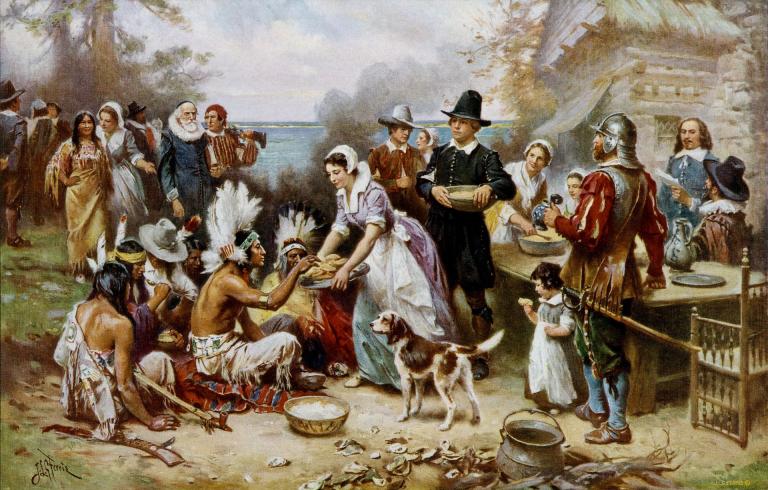
Responding to one of my recent posts on the general issue of BYU and homosexuals, a critic used the word homophobia to characterize those of us who don’t share his views.
I replied that homophobia is “a nonsense word.”
Now, why would I say such a thing?
I knew when I said it that I would need to explain myself. So here goes:
First of all, anybody curious about my comment should probably understand that I am, as the title of a wonderful biography of James Murray and his Oxford English Dictionary puts it, “caught in the web of words.” For decades, I’ve been caught up in the study and teaching and analysis of languages and texts. I read books about lexicography for fun. I care about words. I pay unusual attention to them. I have strong opinions about them.
Thus, for example, I’m bothered by sentences like A person should follow their own path. (I constantly read them in student papers and elsewhere.) No, A person should follow his own path. Or, perhaps better these days, A person should follow her own path. A person is singular; their is plural. Perhaps the safest option is People should follow their own paths.
I don’t like the common confusion of infer and imply, and the recently frequent use of a new verb to advocate for when to advocate would suffice perfectly well without the for. I object to using beg the question for raise the question. I heartily dislike seeing the word literally used – as it very often is — in situations where it just can’t be taken literally:
I was literally starving to death.
He was literally twelve feet tall.
I could literally eat a horse.
I was literally dying.
She’s literally a witch.
And I’ve been on a crusade for many years now against the term helpmeet, which is itself a “nonsense word”:
https://www.deseret.com/2013/8/22/20524340/how-was-eve-an-help-meet-for-adam
I like precision. Accuracy. Proper use.
Words matter.
So, yes, of course I have a problem with the word homophobia.
Etymologically, for one thing, it’s a bit ambiguous. Given the elements from which it’s made, it should probably mean something like “fear of the same,” “afraid of sameness.” And yet, very obviously, that’s not how it’s typically (if ever) used today.
But that’s scarcely my principal objection. In fact, it’s not really on my list of objections. It’s simply an observation for the sake of completeness.
To be concluded.












